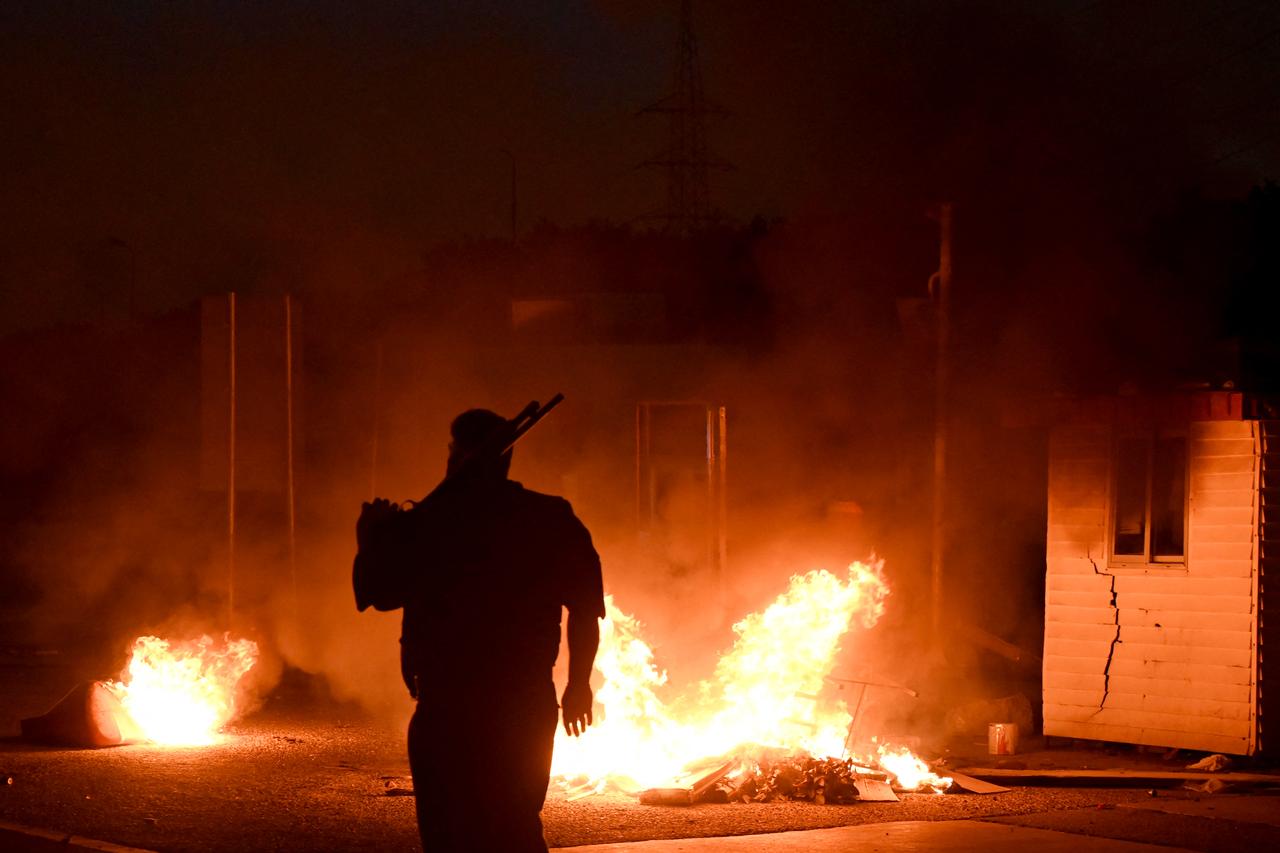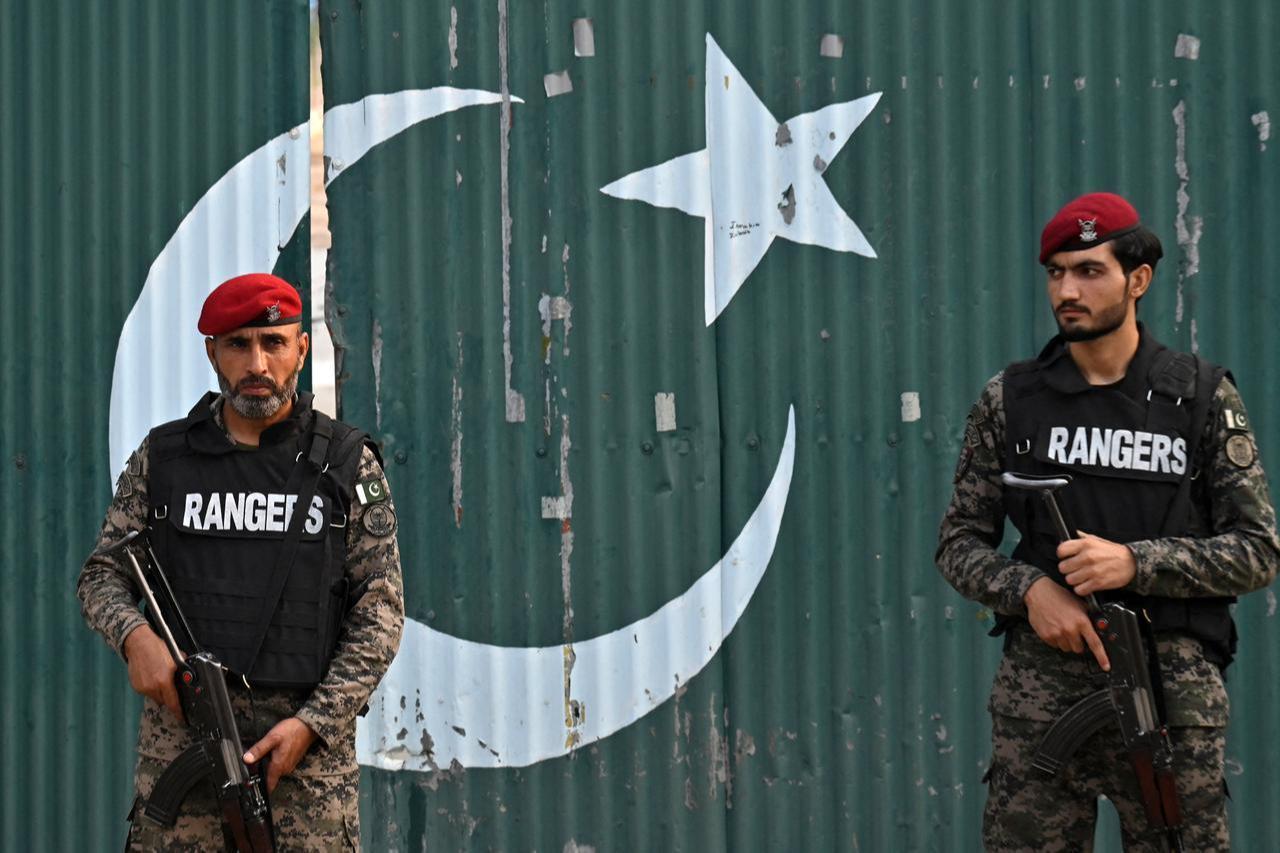
Heavy artillery exchanges between Afghan and Pakistani forces intensified Saturday along their shared border, marking a dangerous escalation in hostilities between the two neighbors already locked in mutual accusations over cross-border terrorism.
The clashes followed Afghanistan's allegations that Pakistani warplanes violated Kabul's airspace and bombed a market in Paktika province Thursday night. Pakistan has neither confirmed nor denied conducting the strikes but maintains it will take all necessary measures to defend its citizens amid a surge in militant attacks it attributes to Afghanistan-based fighters.
Pakistani security sources reported sustained fire exchanges since Saturday evening across multiple eastern border provinces, including Khost, Nangarhar, Paktika, Paktia and Kunar. Officials said casualties had occurred but could not immediately confirm numbers, blaming Afghan border forces for initiating the hostilities.
Afghanistan's interim Defense Ministry offered a starkly different account, describing the military action as retaliation for repeated Pakistani airspace violations and strikes on Afghan territory. In a statement, the ministry said Afghan forces "conducted successful retaliatory operations targeting Pakistani security outposts along the Durand Line," referring to the disputed 1,640-mile border between the two countries. Those operations concluded at midnight local time, according to Kabul.
Islamabad has not issued an official comment on the reported border clashes.

The fighting comes as Pakistan grapples with intensifying militant violence. On Friday, attackers rammed an explosive-laden vehicle into a police training center in Khyber Pakhtunkhwa province's Dera Ismail Khan district, killing six police officers and one civilian. Security forces neutralized five militants during a five-hour operation that also wounded 13 officers. Authorities recovered ammunition and suicide vests from the attackers.
That assault followed Tuesday's clash in Orakzai District that left 11 Pakistani security personnel dead, and Wednesday's security operation in Dera Ismail Khan that killed a Pakistani army major and seven suspected militants.
Pakistan's military accused India of sponsoring the terrorism, stating that security forces "remain steadfast in their resolve to eradicate Indian sponsored terrorism from the country." New Delhi has not responded to the allegations.
The border violence erupted as Afghanistan's interim Foreign Minister Mawlawi Amir Khan Muttaqi visited India, where he met counterpart S. Jaishankar. The two released a joint statement in which Jaishankar expressed "deep appreciation to Afghanistan for its strong condemnation" of April's Pahalgam attack in Indian-administered Jammu and Kashmir that killed 26 people and triggered four days of India-Pakistan hostilities.
Pakistan's Foreign Ministry objected Saturday to the statement's reference to Jammu and Kashmir as part of India, calling it "in clear violation of the relevant UN Security Council resolutions and the legal status of Jammu and Kashmir."
At the heart of the Afghanistan-Pakistan dispute lies the Tehreek-e-Taliban Pakistan, a militant coalition that Islamabad claims operates from Afghan soil to launch attacks across the border. Pakistan has repeatedly accused Kabul's Taliban administration of failing to prevent TTP fighters from conducting terrorism on Pakistani territory.
Afghanistan consistently denies harboring militants targeting Pakistan, maintaining it will not allow its territory to be used for attacks against neighbors.